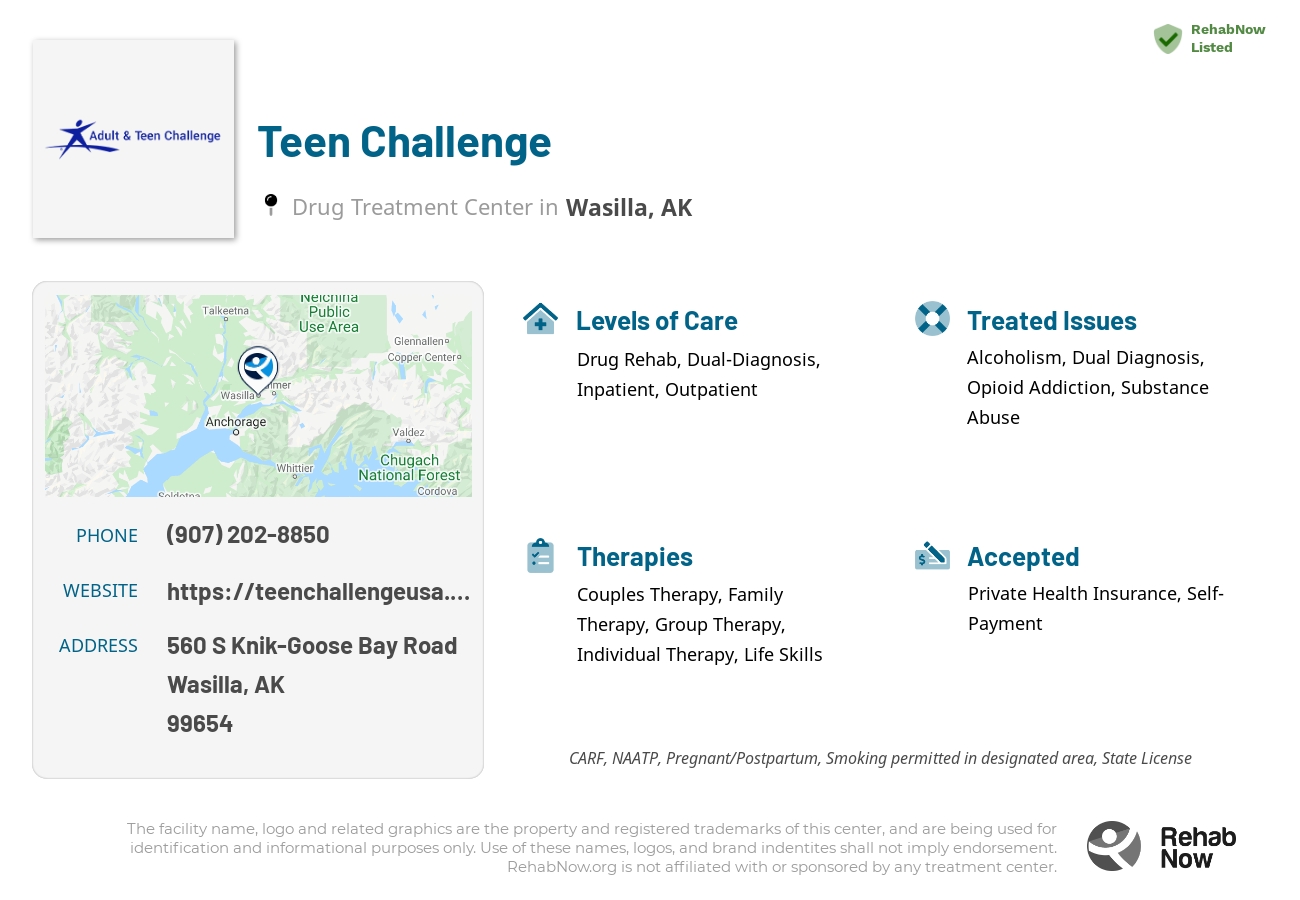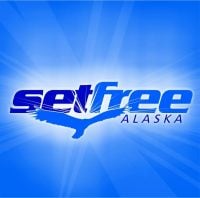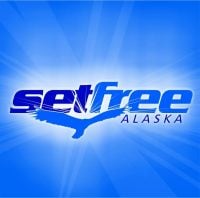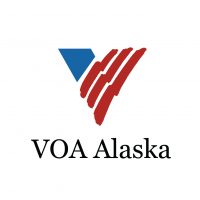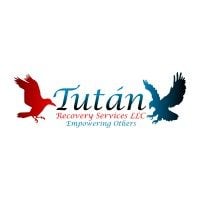Teen Challenge
Drug Rehab Center in Wasilla, Alaska
Teen Challenge in Wasilla, Alaska is an addiction treatment facility that provides comprehensive care for individuals struggling with alcoholism, opioid addiction, substance abuse, dual diagnosis, and drug addiction through inpatient, outpatient, and aftercare support, accepting private health insurance and offering evidence-based therapies, counseling, support groups, and dual diagnosis treatment, to promote long-term sobriety.
About This Alaska Facility
Teen Challenge in Wasilla, Alaska is an addiction treatment facility that specializes in helping individuals struggling with alcoholism, opioid addiction, substance abuse, dual diagnosis, and drug addiction. They offer various levels of care for those seeking to overcome their addiction, including inpatient, outpatient, and aftercare support. With a focus on providing comprehensive care, Teen Challenge accepts private health insurance, making their services accessible to individuals seeking recovery.
At Teen Challenge, individuals can expect to receive a range of services and treatment methods aimed at addressing their addiction and substance abuse issues. The facility offers drug rehab programs that utilize evidence-based therapies, counseling, and support groups to assist individuals on their journey to recovery. Additionally, Teen Challenge specializes in dual diagnosis treatment, providing comprehensive care for individuals struggling with mental health disorders alongside addiction. Their treatment approach is tailored to the specific needs of each individual, helping them develop coping mechanisms, life skills, and a strong support network for long-term sobriety.
Genders
Ages
Modality
Additional
Conditions and Issues Treated
People who abuse drugs are likely to suffer from an addiction, which can cause serious health problems. When it comes to helping drug abusers get sober, there are many options to choose from. It is essential to state that there is no “”correct”” way of doing things. People are different, and they need different types of help to get over their addiction.
Many people who struggle with opioid addiction need to attend specific programs like methadone , Suboxone or Vivitrol clinics.
These types of programs will provide the patient with legal, prescription medications that can help them overcome their cravings for illegal opioids like heroin or fentanyl . If the patient has a chronic condition like Hepatitis C, they must undergo treatment before they can begin taking these medications.
Dual Diagnosis refers to someone who is both dealing with addiction and another mental health issue.
There are different kinds of Dual Diagnosis: A person who simultaneously experiences both a mental illness and an addiction disorder. Or, a person who experiences one or more coexisting (simultaneous) mental health conditions in addition to a primary substance use disorder.
Some conditions that commonly co-occur with addiction include:
- Personality Disorders (Borderline, Narcissistic)
- Mood Disorders (Bipolar Disorder, Depression, Anxiety Disorder)
- PTSD (Post Traumatic Stress Disorder), OCD (Obsessive Compulsive Disorder), ADHD (Attention Deficit Hyperactivity Disorder)
- Schizophrenia, Psychosis, Hallucinations, Delusions
Levels of Care Offered at Teen Challenge
This center offers a variety of custom treatment tailored to individual recovery. Currently available are Drug Rehab, Dual-Diagnosis, Inpatient, Outpatient, with additional therapies available as listed below.
Individuals who are suffering from severe addiction or have a high risk for dangerous health concerns are often recommended to receive inpatient treatment.
Choosing to enter an inpatient treatment program is beneficial for people who are suffering from severe addiction, or who have a high risk for dangerous health concerns.
Inpatient treatment is beneficial for:
- People who have a history of severe withdrawal.
- People who have attempted to overcome addiction on their own without success.
- People who have a history of relapse, or have recently relapsed.
- People at risk for drug overdose or withdrawal-related complications.
- People with medical conditions that are worsened by drug or alcohol use.
Outpatient treatment programs provide drug and alcohol addiction treatment through individual sessions with a counselor, group therapy, 12-step meetings, and other activities to help individuals gain sober living skills. Most programs are designed for those individuals who have completed a medically supervised detoxification program and provide opportunities for clients to begin the process of early recovery.
Outpatient programs also offer a level of medical support as needed and psychological backing through therapy. Clients are encouraged to live at home, though there may be some flexibility regarding this requirement based on the circumstances and needs of each patient.
Outpatient treatment is perhaps the most common type of dual diagnosis program available. It does not pose a significant financial burden on patients. However, it is essential to note that outpatient treatment does not provide the support and supervision given in residential programs. Some addicts may need this level of support to maintain their sobriety.
Therapies & Programs
Therapy sessions focused on the individual addict can provide much-needed guidance as they work toward overcoming their addiction. These types of sessions typically involve guidance from a therapist, who will help addicts identify and process their feelings and cravings.
During these sessions, addicts may develop plans for coping with the triggers that typically lead to relapse and learn how to avoid those triggers during their recovery process.
If you are looking for drug recovery, couples therapy can be a great option. This type of therapy can help rebuild trust and joy in relationships that may have been damaged by addiction. It can also help reduce the dysfunctional behavior in a relationship that may trigger addiction. A patient’s partner will be involved in the process. They can also benefit from therapy, especially if they are trying to live with an addict.
The main goal of family therapy for drug addiction is to create an environment where communication can occur without judgment, hostility, or blame that often occurs within a family.
Family therapy is a type of group problem-solving that aims to improve communication and relationships between the patient, their family, and sometimes friends. The therapist is with the family as they learn to communicate with each other differently, especially with the addict when s/he is using.
The family can learn to reduce their enabling behavior or rally together and support each other during tough times. The patient also learns how to deal with their addiction and maintain sobriety while interacting with the family.
Different types of addiction treatment services are available. Within this article, group therapy is of interest due to its high success rate compared to individual therapy. Group therapy settings are beneficial because they allow recovering addicts to build a strong support network.
Benefits of group therapy are:
- Reduces feelings of isolation
- Immediate access to social support in the form of fellow addicts in recovery
- Lowers risk of relapse
- Increases rate of sobriety
- Builds coping skills that can be applied to everyday life
Those struggling with addiction in Alaska can benefit from learning certain life skills. It is not as simple as quitting drinking or taking drugs and thinking that the hard part is over. Being sober means living a whole new way of life. Many recovering addicts have found that they need to develop talents like time management, organization, communication skills, socialization skills, and self-esteem to make their life in sobriety work.
Drug and alcohol addiction can lead to a breakdown in life skills. Learning certain life skills can help those who are struggling with addiction. Life skills training at Teen Challenge in Wasilla, AK teaches patients skills such as time management, budgeting, and social abilities to improve their quality of life and prevent relapse.
An addict’s life skills are maladaptive, meaning they are counterproductive. An addict may have learned poor time management skills growing up, have a hard time budgeting money, or be socially awkward. An addict’s poor life skills can lead to relapse and the inability to achieve long-term sobriety. Life skills training teaches patients effective coping mechanisms, which can help them live a clean and sober life.
Payment Options Accepted
For specific insurance or payment methods please contact us.
Is your insurance accepted?
Ask an expert, call (888) 674-0062
Associated Centers
Discover treatment facilities under the same provider.
- Alano Society in Valley City, ND
- Discovery Point Retreat - Waxahachie in Waxahachie, TX
- ARC - Arizona Rehab Campus in Tucson, AZ
- The Lighthouse Community - San Diego in San Diego, CA
- Defining Wellness Centers in Brandon, MS
Learn More About Centers
Additional Details
Specifics, location, and helpful extra information.
Wasilla, Alaska 99654 Phone Number(907) 202-8850 Meta DetailsUpdated November 25, 2023
Staff Verified
Patient Reviews
There are no reviews yet. Be the first one to write one.
Wasilla, Alaska Addiction Information
Alaska is enduring a multi-faceted drug and alcohol abuse problem. Heroin-related overdoses are 50% higher in Alaska than in the rest of the United States. Methamphetamine use is a major contributing factor to violent crime in Alaska. More than 60,000 Alaskans need some sort of treatment for substance abuse and/or addiction.
Although the drug addiction issue in Wasilla, Alaska, is minor, it is still a problem. According to recent statistics, about 2,585 people living in Wasilla struggle with drug addiction. In addition to opioids, other commonly abused drugs include methamphetamine, cocaine, and marijuana. In Wasilla, many different rehab centers can help people struggling with addiction. These centers can provide treatment and support for people who are trying to overcome addiction.
Treatment in Nearby Cities
- Kenai, AK (93.0 mi.)
- Perryville, AK (523.2 mi.)
- Ninilchik, AK (129.6 mi.)
- Homer, AK (151.8 mi.)
- Ketchikan, AK (771.1 mi.)
Centers near Teen Challenge
The facility name, logo and brand are the property and registered trademarks of Teen Challenge, and are being used for identification and informational purposes only. Use of these names, logos and brands shall not imply endorsement. RehabNow.org is not affiliated with or sponsored by Teen Challenge.


